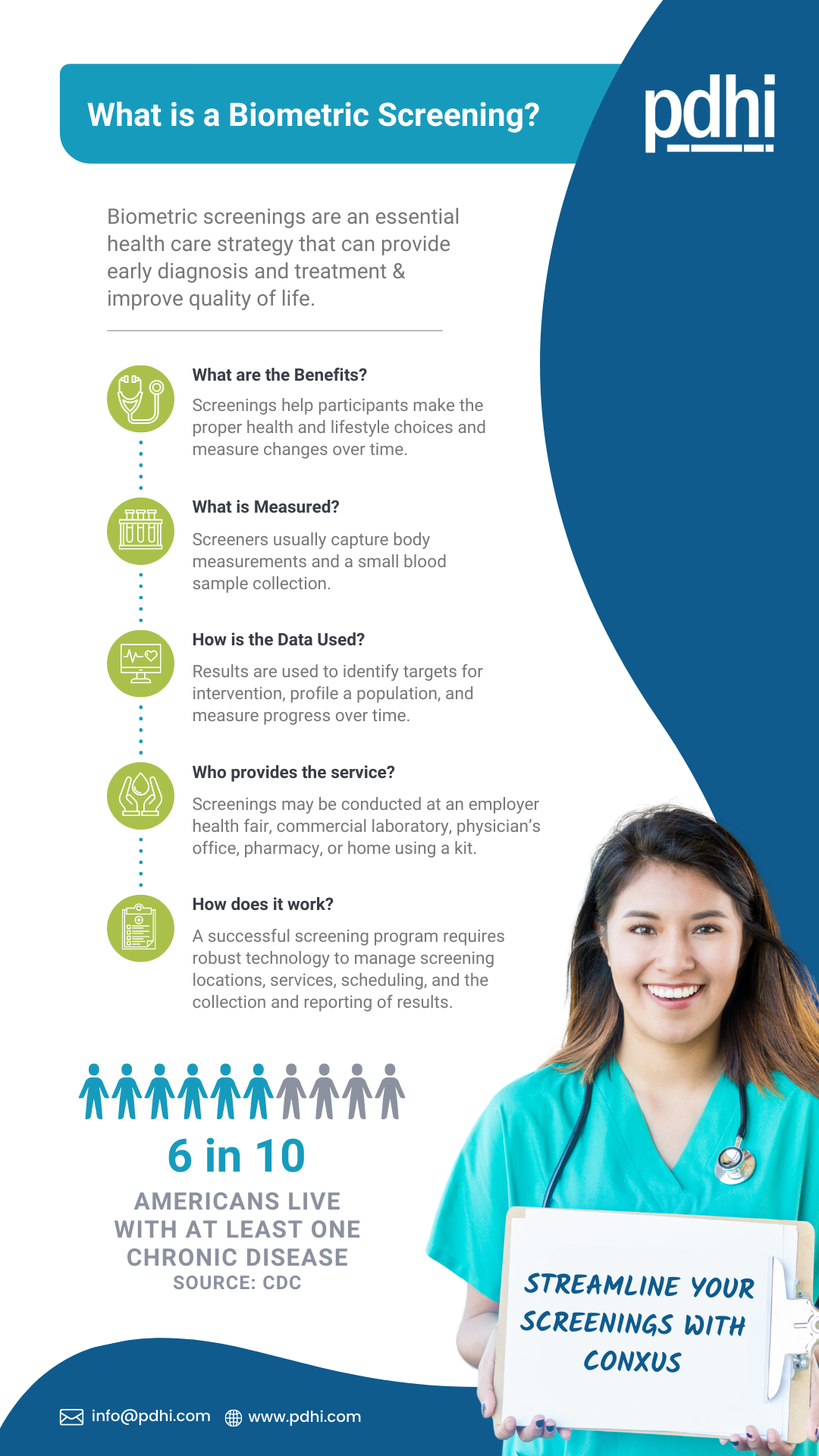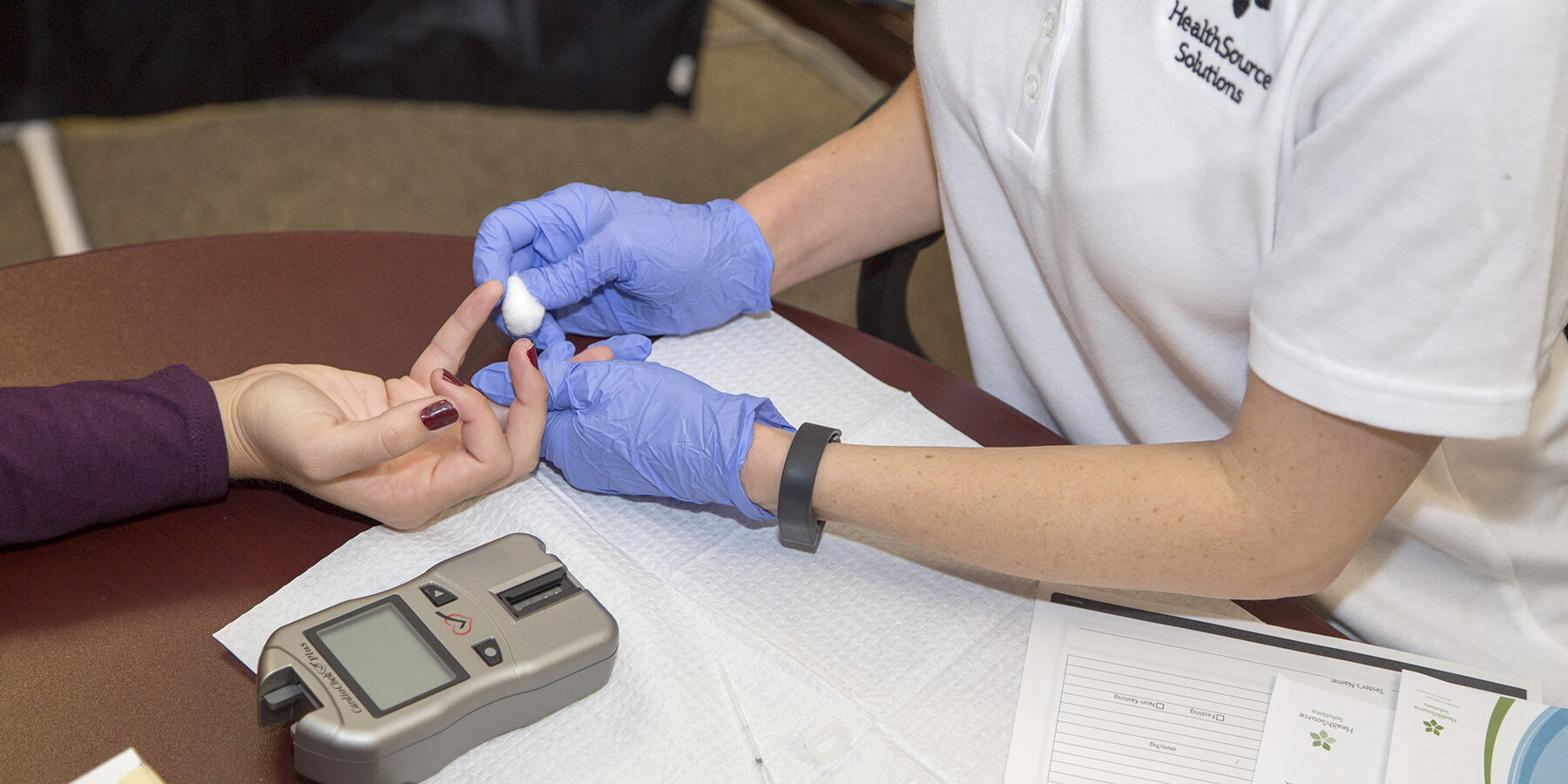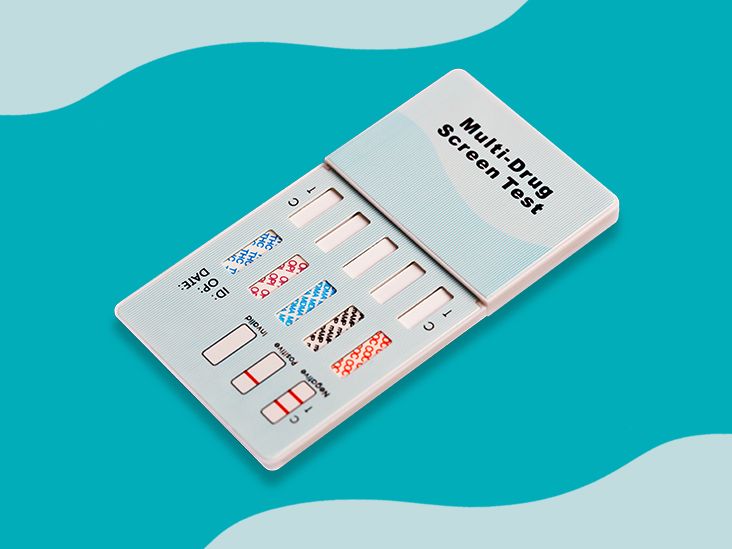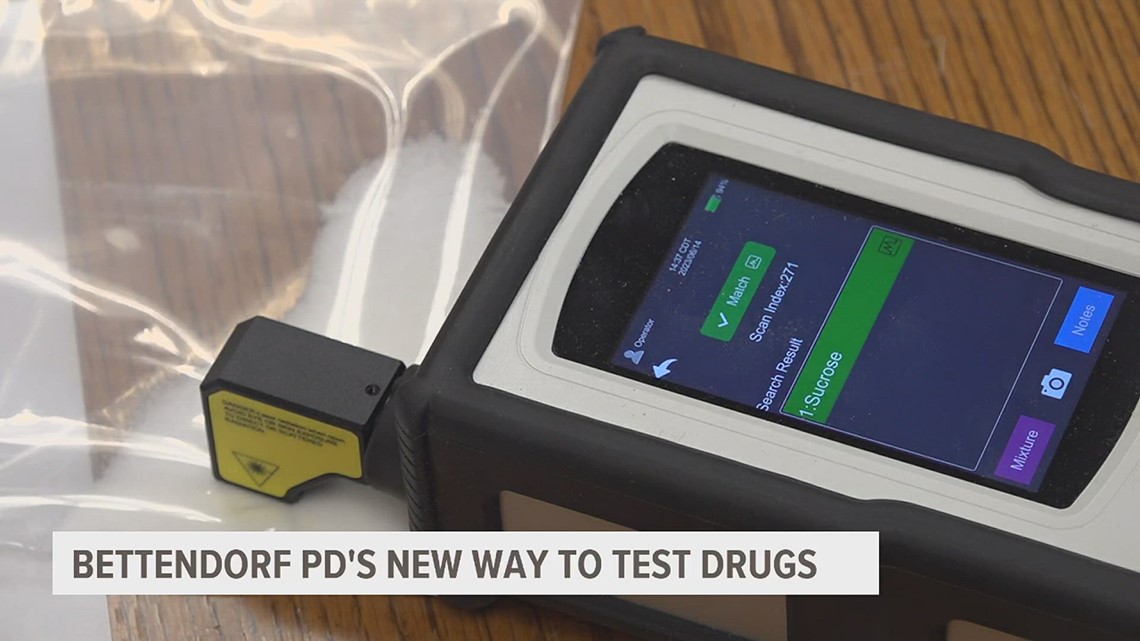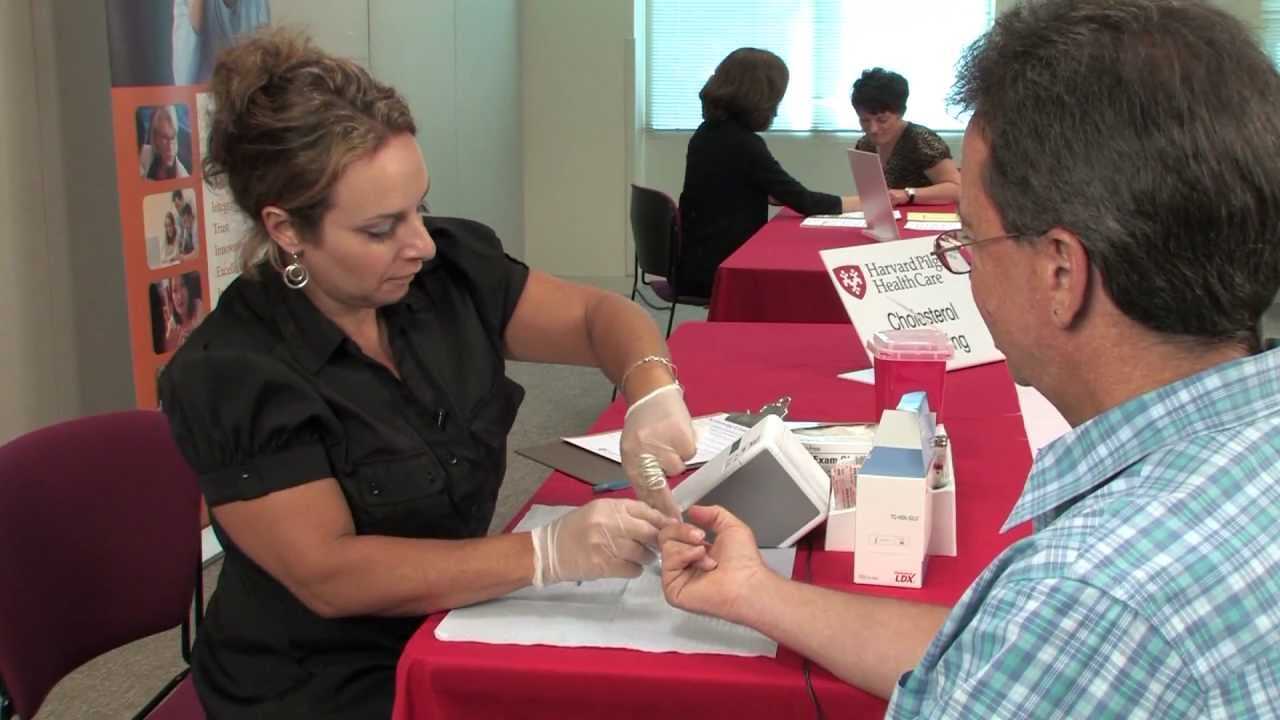Does A Biometric Screening Test For Drugs

The quest for foolproof drug detection has taken a turn towards science fiction, with whispers of biometric screenings entering the conversation. Imagine a world where a simple scan of your eye, a voice analysis, or even the measurement of your gait could reveal traces of illicit substances in your system. But is this future a reality, a viable solution, or merely a privacy nightmare in the making?
This article dives deep into the burgeoning field of biometric drug screening, examining its technological underpinnings, potential applications, and the ethical and legal minefields it navigates. We will explore the current state of the science, separating fact from fiction, and consider the implications for individuals, employers, and society as a whole. Is biometric drug screening a revolutionary step forward in safety and accountability, or an unwarranted intrusion on personal privacy? Let's find out.
The Science (and Speculation) Behind Biometric Drug Detection
The core concept behind biometric drug screening rests on the idea that drug use leaves detectable physiological signatures. These signatures can manifest in various ways, potentially measurable through biometric technologies.
One area of research focuses on pupillometry, measuring pupil dilation and constriction. Certain drugs, like opioids, are known to cause pupil constriction, while stimulants can cause dilation. However, pupil size is also affected by light, stress, and other factors, making it difficult to isolate drug-related effects.
Another proposed method involves voice analysis. Researchers hypothesize that drug use can subtly alter vocal characteristics like pitch, rhythm, and timbre. Sophisticated algorithms could then potentially identify these deviations. The reliability of such systems remains a key concern, especially as environmental noise and individual vocal differences are involved.
Some researchers are even exploring the possibility of using gait analysis, examining how people walk. Certain drugs can affect motor skills and coordination, leading to detectable changes in gait patterns. The technology is complex, requiring precise sensors and sophisticated data analysis, thus limiting its effectiveness.
The science is still largely in its early stages. Most of these technologies are still in the research and development phase. There is a lack of large-scale, peer-reviewed studies demonstrating high accuracy and reliability in real-world conditions.
Potential Applications and Benefits
Despite the technological hurdles, proponents of biometric drug screening point to a number of potential benefits. The technology could revolutionize drug testing in various sectors.
In law enforcement, biometric screening could provide a non-invasive way to detect drug use during traffic stops or in correctional facilities. This could expedite investigations and improve security.
Employers could use biometric screening to ensure a safe and drug-free workplace. Industries like transportation, construction, and healthcare could see a significant reduction in accidents and injuries. However, strict regulations would be needed to prevent discrimination and protect employee privacy.
Treatment and rehabilitation programs could benefit from biometric monitoring. This could enable more effective tracking of patient progress and adherence to treatment plans. The technology could provide objective feedback to motivate patients and help them stay on track.
The potential for faster, more convenient, and potentially less invasive drug testing is appealing. However, these advantages must be weighed against the significant risks and challenges.
Ethical and Legal Concerns: A Privacy Minefield
The deployment of biometric drug screening raises profound ethical and legal questions. Privacy is a paramount concern.
The collection and storage of biometric data inherently pose risks. What safeguards would be in place to protect this sensitive information from unauthorized access or misuse? Who would have access to the data, and for what purposes?
Concerns about accuracy and bias are also critical. Biometric systems are not infallible. False positives could have devastating consequences, leading to job loss, legal repercussions, or stigmatization. Furthermore, there are concerns that these systems could be biased against certain demographic groups.
The lack of regulation surrounding biometric technologies adds another layer of complexity. There are currently no comprehensive federal laws in the United States specifically addressing the use of biometric data for drug testing. This leaves individuals vulnerable to potential abuses. There is a need for clear guidelines and regulations to ensure responsible and ethical implementation.
The Fourth Amendment to the U.S. Constitution protects against unreasonable searches and seizures. The legality of using biometric drug screening without probable cause or consent is questionable.
The Current State of the Market and Expert Opinions
The market for biometric drug screening is still nascent. Several companies are developing and marketing technologies for various applications.
However, it is essential to note that few, if any, of these technologies have been rigorously validated through independent, peer-reviewed research. Many claims are based on proprietary studies and limited datasets.
Dr. Anna Morrison, a bioethicist at the Hastings Center, cautions against premature adoption.
"We need to proceed with extreme caution. The potential benefits of biometric drug screening must be carefully weighed against the risks to privacy, autonomy, and fairness. Robust ethical frameworks and legal safeguards are essential before these technologies are widely deployed."
David Greenburg, a civil liberties attorney at the Electronic Frontier Foundation, echoes these concerns. "The government and employers need to be very careful about using biometric technologies to test for drug use. These tools are not infallible, and there needs to be strong oversight to avoid false positives, discrimination, and the violation of privacy."
Looking Ahead: A Cautious Path Forward
Biometric drug screening holds both promise and peril. The technology has the potential to improve safety and accountability in various settings.
However, it also raises significant ethical and legal concerns. These must be addressed proactively to prevent abuses and protect individual rights.
Moving forward, rigorous research is needed to validate the accuracy and reliability of these technologies. Independent studies, conducted by reputable organizations, are essential to establish the true potential and limitations of biometric drug screening. Furthermore, clear legal frameworks and ethical guidelines must be established before these technologies are widely implemented. The focus should be on ensuring fairness, transparency, and accountability.
Ultimately, the future of biometric drug screening will depend on striking a delicate balance between innovation and individual rights. Only through careful consideration and responsible development can we harness the potential benefits of this technology while mitigating its inherent risks. The journey towards biometric drug screening is fraught with complex challenges. But if we proceed with caution, foresight, and a commitment to ethical principles, we can navigate this path responsibly and ensure that technology serves humanity, rather than the other way around.


